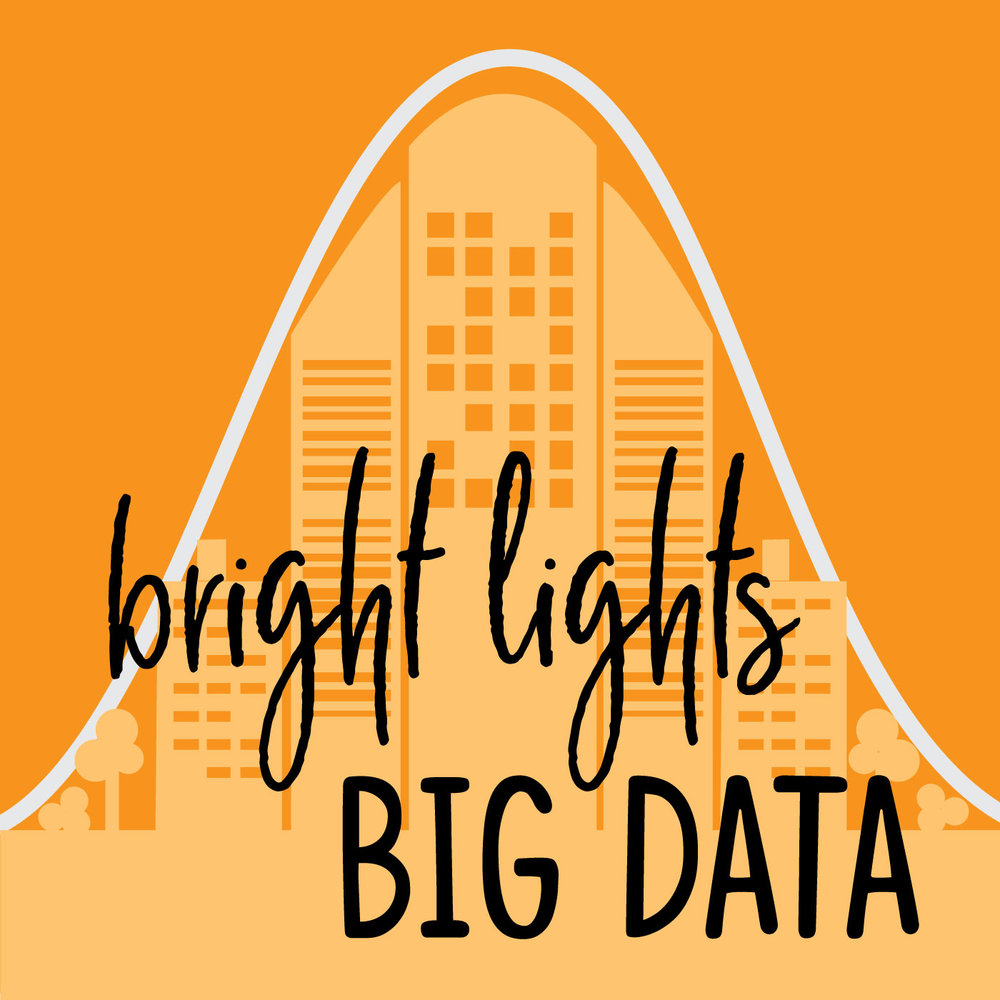I’m not sure why, but I had a flashback tonight to the year when I asked for a Kindle e-reader for Christmas. I put the marginally cheaper version on my Wish List, willing to see some ads to save my would-be gift-buyer a few bucks. I got to thinking about how much technology is available for free as long as you’re willing to provide software companies the opportunity to advertise to you or mine your data, and how willing we are to say yes to this to save even small amounts of money.
Privacy is of course an increasingly discussed issue, and an issue that is constantly becoming more complex as social media and the way we use technology evolves. Even as an analytics student, I occasionally find myself in the potentially hypocritical position of being uncomfortable with how much of my data is shared. When asked whether or not I want to send data usage statistics to software companies, I hesitate. In my darkest moments, I’ve pondered using Tor - but I don’t know how and fear it like a poorly-lit back alley in a bad part of town: something which, once entered, is immediately regretted for a long time to come.
So when I’m no longer a student, profusely bleeding money, would I personally pay the extra $10 for an ad-free Kindle (as my gift-buyer actually did)? Would I pay for the pro version of software? Julia Angwin beat me to the topic of privacy as luxury, writing a thoughtful op-ed in the NY Times (with the exact headline I wanted to use for this blog post - sometimes I wish I didn’t Google things before blogging). She mostly focused on paid services that actively protect privacy and services that are free to all, as well as discussing some of the other manifestations of reduced privacy. I’d like to imagine a different scenario, taking the marginally-cheaper Kindle idea to a more extreme level.
What if we determine that a particular type of data is so valuable that companies start giving away hardware just so that they can mine the owners’ data? The choice between a free laptop that passes all of your usage statistics on to a series of retailers versus spending even $150 on a Chromebook (a significant sum but extremely cheap as far as laptops go) would draw a huge gap between free laptop owners and paid laptop owners. Not only would privacy be a luxury, it would quickly become an elite one. With computer access and skills being a huge barrier to entry into the work force for under-educated and impoverished persons, what poor person would turn down a free laptop? What single parent or thrifty middle class consumer? (Smartphones are another candidate for this scenario, although the high cost of cell service and data plans makes it difficult for the lower class to maintain such devices, in the US at least.)
What kind of equity issues would this create, if the middle class and below have essentially no private information, but the upper class are highly elusive?
Admittedly, I’m no security expert, and it’s difficult to imagine data that can’t already be captured through spyware. Perhaps this would happen under the guise of capturing data “above board”. Perhaps the devices would subtly capture your fingerprints/DNA/body temperature to feed healthcare/pharmaceutical research. It’s an extreme concept, but perhaps it illustrates the equity issues we’re already facing. I’m curious - and a little wary - to see where the future takes us.

